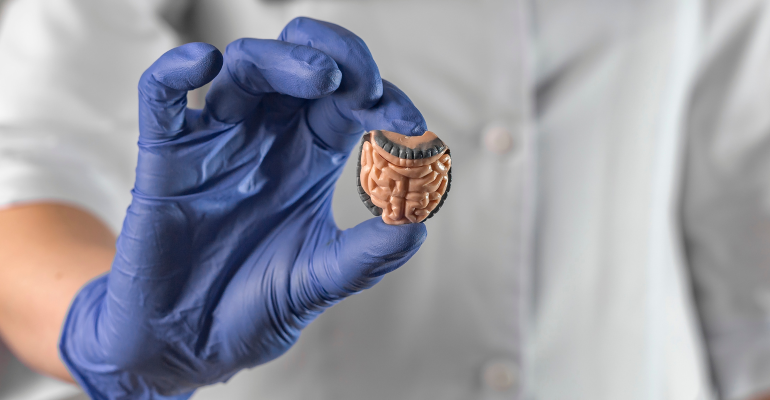In a recent finding published in PLOS Biology, scientists at the University of Birmingham revealed that a particular strain, known as MDR ST131, can readily colonise new hosts even if those hosts already have E.coli present in their healthy gut.
The international team, led by experts at the University of Birmingham, used a mouse model to help understand why strains of E.coli that live in a healthy gut are rapidly overtaken when challenged with a multi-drug resistant strain.
Lead author Professor Alan McNally, from the Institute of Immunology and Immunotherapy at the University of Birmingham, commented: “Antibiotic resistance has been hailed as one of the biggest health problems of our time by the World Health Organisation. There are further problems looming unless we get a better understanding of what is happening so that further drug resistance can be halted in its tracks.
Related: Addressing antimicrobial resistance and its impact on human vulnerability
“Scientists have long questioned what makes certain types of E. coli successful multi-drug resistant pathogens. It seems that extra-intestinal pathogenic E.coli that cause urinary tract and bloodstream infections are particularly successful when it comes to developing resistance and are therefore especially tricky to treat. Our study provides evidence that certain types of E.coli are more prone to develop antibiotic resistance than others.”
Most cases of E. coli infections are mild, but some strains can cause severe symptoms and even life-threatening complications. More severe infections are usually treated with antibiotics but the rise in multidrug resistance strains of E.coli is concerning. Multidrug-resistant strains are resistant to many different types of antibiotics, making them very difficult to treat.
Previous work shows that multi-drug resistance alone is not sufficient to drive strains to complete dominance. This most recent study demonstrates that regardless of multi-drug resistant status, certain types of E.coli will outcompete others to live in the human gut.
The work was completed in parts. First, both multi-drug resistant and non-resistant gut-dwelling E.coli were found to easily colonise a mammalian gut. The study also found that the multi-drug resistant strain was found to efficiently displace an already established gut-dwelling E.coli from the mouse intestinal tract. The study provided further details to demonstrate that multidrug resistant lineages of extraintestinal E.coli have particular genetic differences that appear to give them a competitive advantage.
Related: Protecting immunocompromised MENA patients critical for future
Successful strains of E.coli need to be able to spread between individuals or from the environment into individual hosts. The new study demonstrates that a particular strain, known as MDR ST131, can readily colonise new hosts, even if those hosts are already have E.coli in their healthy gut.
E.coli are bacteria commonly found in the environment, foods and intestines of people and animals. There are many different types of E. coli. Although most strains of E. coli are harmless, others can cause illness, including diarrhoea, urinary tract infections, and often-fatal blood stream infections.
Get the latest insights from the healthcare industry straight to your inbox. Subscribe for a bi-weekly roundup of the latest healthcare tech, trends, innovation and patient experience, accompanied by exclusive interviews from the industry’s leaders.

